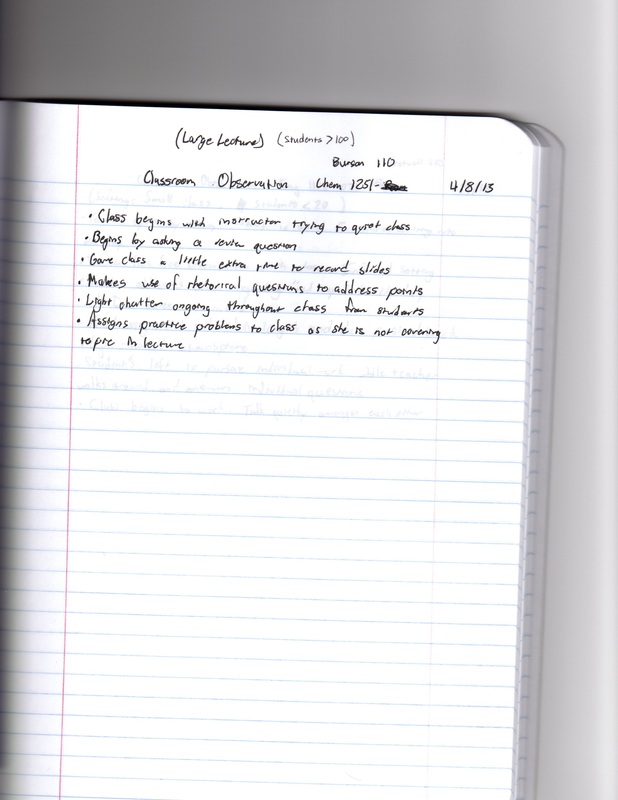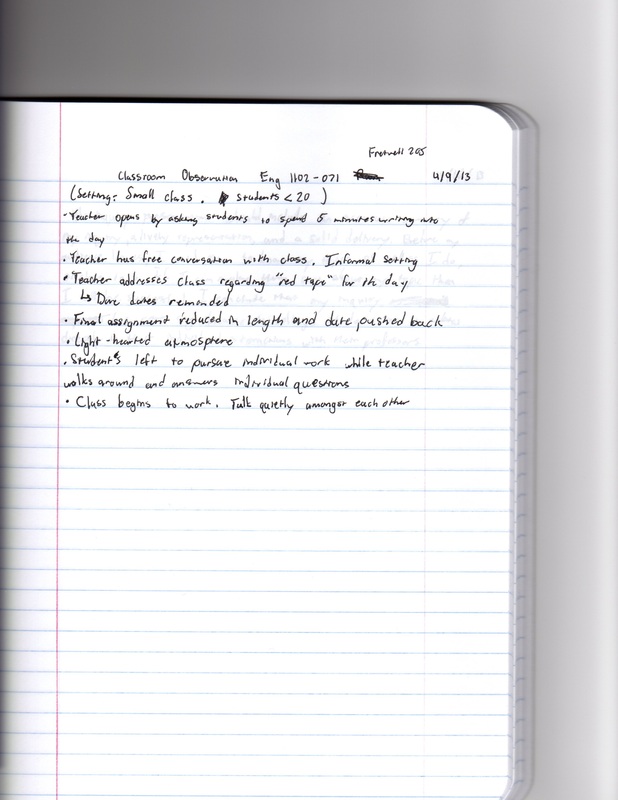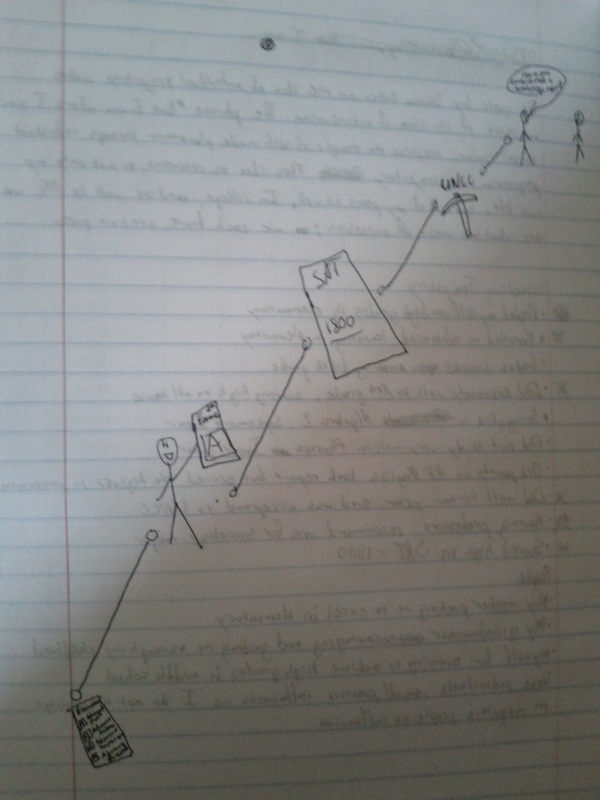Dear Carrie,
I’ve always been curious about the inner social workings present in our everyday lives. Why do we act a certain way towards each other? It is through this curiosity that I developed my research inquiry proposal. The idea started after our in class discussion on Freire’s “Pedagogy of Oppression”, specifically regarding the idea of his ideas of the banking and problem solving models of education. The idea then came to bloom after our discussion on Professor X’s “Under the Ivory Tower”. The idea was, how did local market economies affect the nature of the classroom? Are classrooms simply small markets with students being the consumer and teachers being the producers? If so, how does this affect the nature of the relationship between teacher and student? This is the area that I would like to explore, how these social interactions are changed by the circumstances. While this topic still needs a little polishing, I am hoping that I can find success with it. -Sincerely Tyler Brown After reading Freire’s, “Pedagogy of the Oppressed” I felt that I had looked deeper into the inner workings of education systems not just in Brazil, but around the world. His proposed banking model of education and problem-posing education can be seen and observed in classrooms everywhere. In particular, they are indicated at in the text of Mike Rose’s “I Just Want to be Average”. In it, Mike Rose speaks upon his education at Our Lady of Mercy. In the beginning, Mike felt repressed by the system that he learned within. Set on a track that was predetermined, Mike lived under the Freire’s banking model of education, where free thinking and creativity were repressed in favor of a set curriculum and unsympathetic teaching. For many years, Mike felt trapped in this system with little hope of breaking out. However, after receiving a lucky break he was able to break away and eventually came to know Freire’s other model of education, the problem-posing model with Mr. MacFarland. Within this problem-posing method, “people develop their power to perceive critically the way they exist in the world with which and in which they find themselves”. Thus Mike was able to rise from the ashes and be reborn as an intellectual and a free thinker.
The problem-posing method encourages more individual intellectual discovery; in complete contrast with the banking model which stifles individualism in favor of conformity. These models clearly reflect the ideas of governing: democracy and totalitarianism. The banking model, like totalitarianism, states that the teacher, or leader, will speak and the student shall listen without question. In the problem-posing method, free discussion is readily encouraged on the proposed ideas. This is very similar to a democratic society where the opinion of all is valued to some degree. This raises the question, what other ideas of modern society dictate classrooms? After reading Mike Rose's article, I had to look back and analyze my own life. While our path's were not the same, the message that he conveyed still resonated with me. What does it mean to excel outside our perceived boundaries? Mike Rose and I have drastically different educational backgrounds. While he rose up from the depths of the Vocational track to the Honors track, I was raised in it from a young age. Advanced Placement courses and Magnet schools have been my stomping grounds since I was in elementary. I had a significant advantage early on than Mike, however we shared the same sense of disinterest in our lives. "Why work hard in a class that didn't grab my fancy?" (Rose 188) While I was successful, I never put forth any real effort through many of my schooling years. This problem would follow me until mid way through high school when I would get a crashing realization from a large, red-lettered D on my AP English paper. That realization was the shift in my life, much like Mike's meeting with Mr. MacFarland, that kicked me into gear, so to speak. And while I can say that I am not 100% invested, I am significantly more intent than I was in those days long past.
|



 RSS Feed
RSS Feed